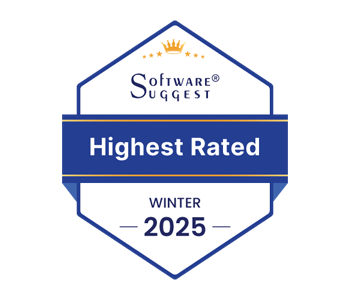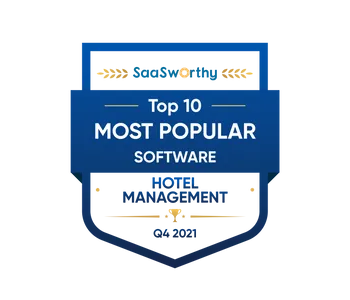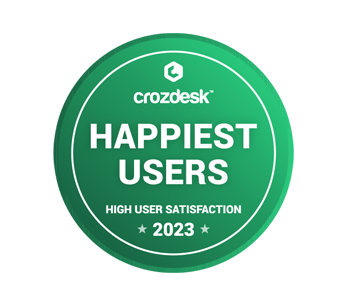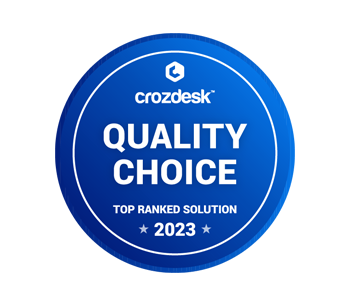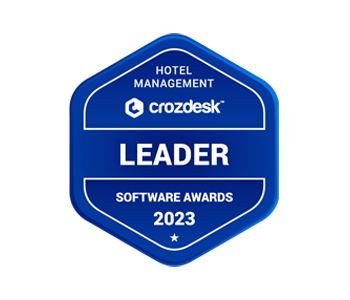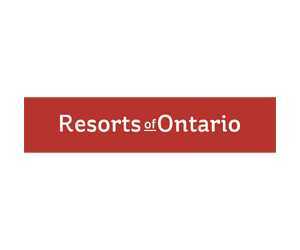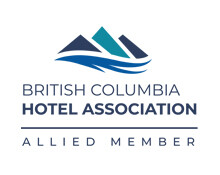Whether you completely shut down over winter or have fewer bookings, low travel seasons can prove just as advantageous as peak travel times if you remain proactive. Creating a strategy to adapt to your business’s changing seasons will ensure that your off-season is as successful as your busiest periods.
Be Active on Social Media
There is never an off-season for social media. Social media presence plays a large role in where today’s travelers book their next stay and is an integral part of your marketing strategy. It is important to regularly engage with your customer base through online posts and stories. Promote local events and attractions, special rates and packages, create contests for a chance to win exclusive extras during a stay (for likes, shares, and comments), or share new features and renovations made to your property, for example.
Also, encourage guests to share their experiences online, producing free advertising for your business, by promoting a hashtag (so you can view and engage with everyone who mentions your property) and your social media accounts on your property and website.
Review Performance Statistics and Reports
Your business’s off-season can be a productive and beneficial time for evaluating your past year and preparing for your busy season. The Property Stats Report and Monthly Report within your property management system (PMS) automatically track and display performance and reservation statistics and present them alongside the previous year’s numbers for comparison, giving you a clear picture of your business. Reviewing your business’s analytics allows you to easily identify your reservation trends and customer base throughout the year and adapt to the changing seasons, maximizing revenue and occupancy.
Know Your Guests
Adjust your marketing plan to recognize and cater to the types of clients that travel during the off-season. If you notice that your property attracts business travellers during the off-season, offer free and fast WiFi for them to complete their work, a mobile-optimized website and online booking engine, and resources that will help make their stay productive (where to reserve a meeting room, restaurant reservations for meeting with clients, etc.).
The off-season is also an especially good time to market towards locals and grow a loyal customer base. One way of doing this is to organize and promote your own onsite events (live music, poetry / short story recitation night, Christmas markets, art exhibitions, etc.) so that locals can familiarize themselves with your property and remember you when they book their next staycation.
Analyze Customer Reviews
While analyzing statistics for performance and reservations is important, it is also a good idea to review how happy your guests were throughout the year. During the off-season, hoteliers can use the extra time to respond and find solutions to guests’ comments and criticisms by analyzing online reviews.
Choose the set of dates that make up your busy season and your quieter season and identify positives and negatives, especially paying attention to repeated patterns. Creating a visual may also help evaluate this data by logging guest reviews into a spreadsheet and highlighting each positive and negative word or phrase. Or consider streamlining this process with an automated reputation management solution like Revinate or BlueJay Reviews, which not only helps generate more reviews but to analyze guest feedback too, and can be integrated with your PMS to automate review requests.
The off-season is not only a time for rejuvenation and preparation for the busier travel season but can also be a lucrative and productive period. Implementing a strategy that adapts to the changing seasons will boost occupancy, maximize revenue, and offer an elevated, personalized guest experience year-round.










